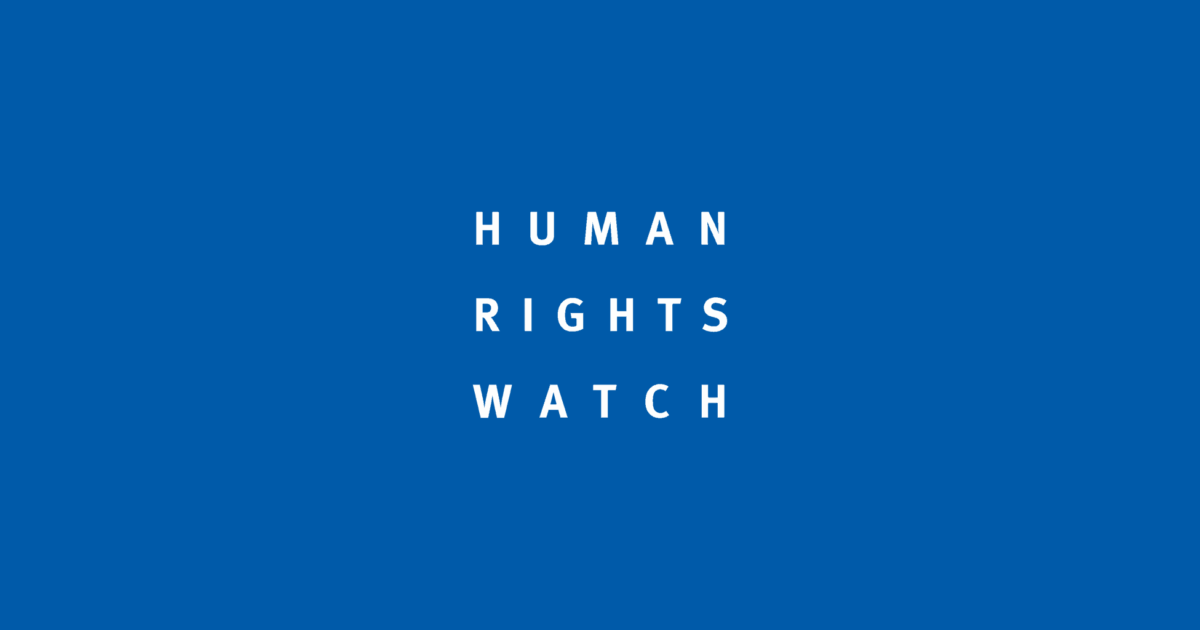Libya
Libya
Years after the deposition of dictator Moammar Gadhafi as part of the Arab Spring, Libya remains in a deteriorating security situation that is especially volatile for women. Sexual and gender-based violence during the war, including mass rape, has yet to be investigated, and women’s rights have continued to decline as different Islamic groups strive to curtail freedoms throughout the country. Violence against women remains common, but reporting remains low; like political and civic participation, reporting and activism by women remains deterred due to threats of violence or death.
Since 2011, Libya has passed new laws which discriminate against women, including the legalization of polygamy and quota reductions for women’s representation in Parliament. Although a party to the Convention on the Elimination of All Forms of Discrimination against Women (CEDAW), Libya does not have a National Action Plan per resolution 1325 (2000).
Due to the high rates of discrimination, exclusion and violence faced by women in Libya, the NGOWG advocates for the Security Council to continue supporting the United Nations Support Mission in Libya (UNSMIL) to include women as full and equal partners in supporting the transition of power to the Government of National Accord, which has struggled to establish legitimacy and control. Without the inclusion of women, the new government will face greater challenges to creating sustainable peace in Libya and continue exposing Libyan women to extreme risk of violence.
Current and Past Recommendations to the UN Security Council (Monthly Action Points)
In its expected mandate renewal of the UN mission in Libya (UNSMIL), the Security Council should stress the importance of women’s full and equal participation in the political process, national dialogue, constitution-drafting and reconstruction efforts in Libya. With the tenuous security situation and the threat posed by armed groups and illicit arms proliferation, the Council should also recognize women’s and girls’ particular protection needs, as well as their role in DDR and SSR processes. The Council should urge accountability for serious and ongoing crimes, and call on the Libyan authorities to protect all foreign nationals, regardless of immigration status, from violence, exploitation, threats and abuse; and ensure that all detainees are treated humanely, receive necessary medical treatment and are protected from torture and other ill-treatment, including sexual and gender-based violence. The Council should encourage the Government to assist in building the capacity of female candidates for political office and train security officers to identify, respond to, and protect individuals from gender-based threats and abuses.
Relevant Resources







